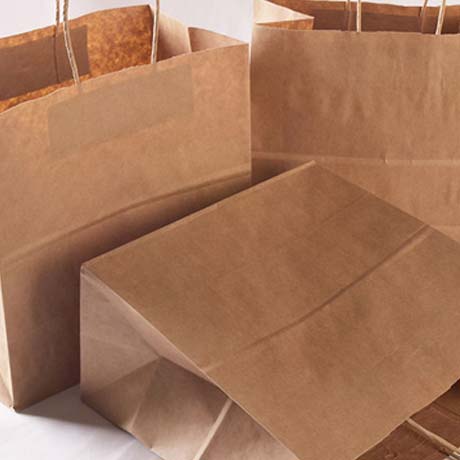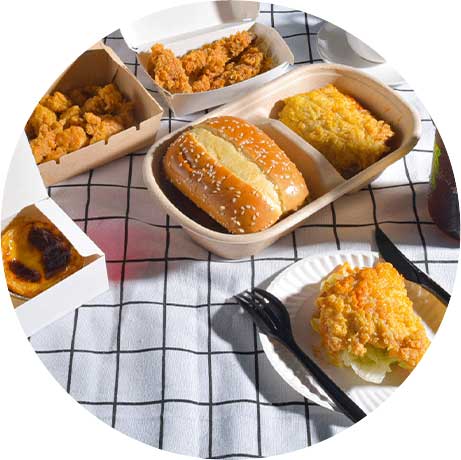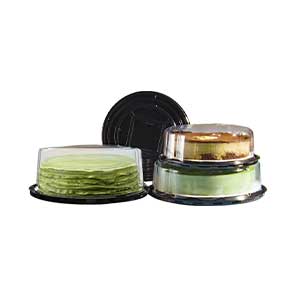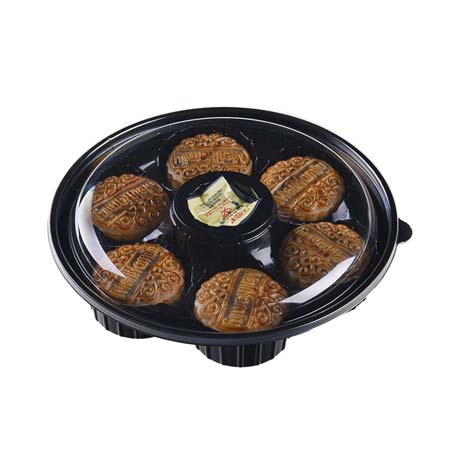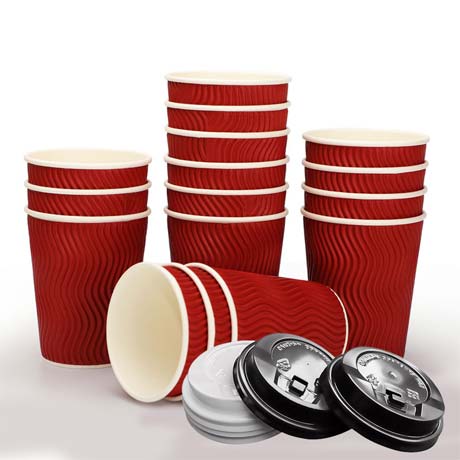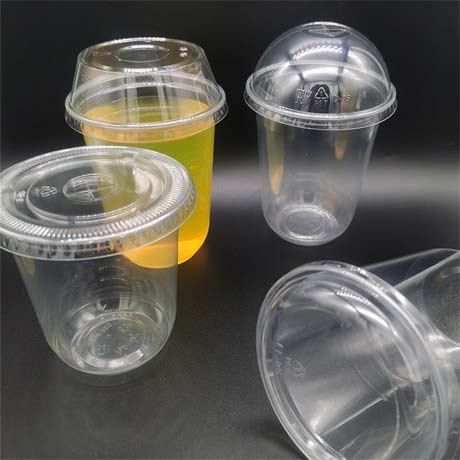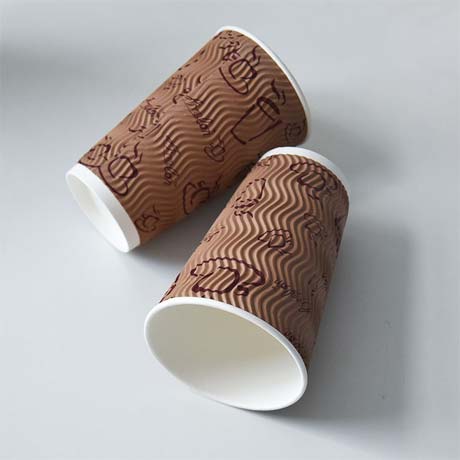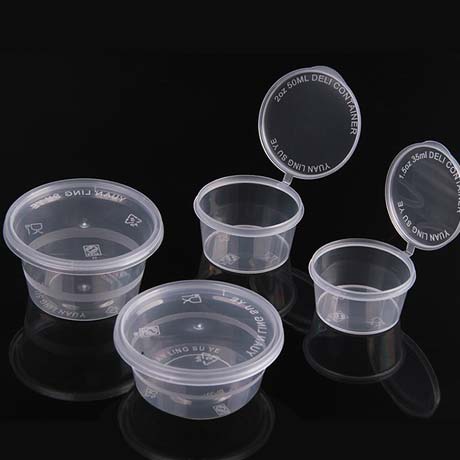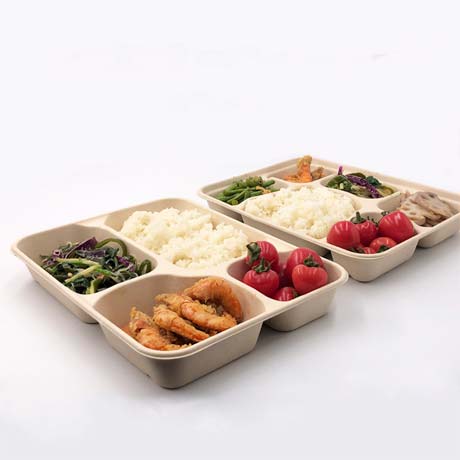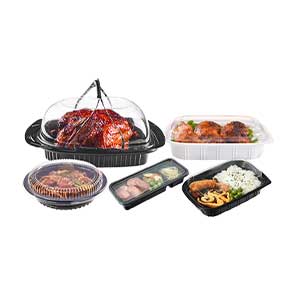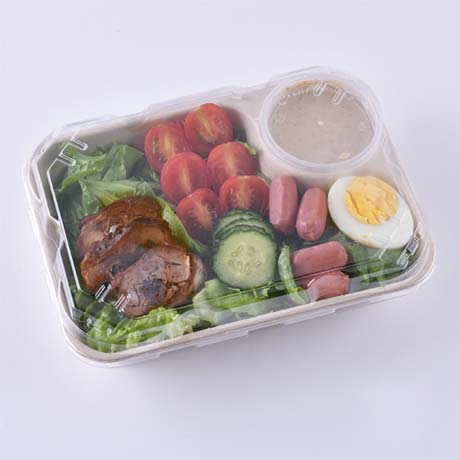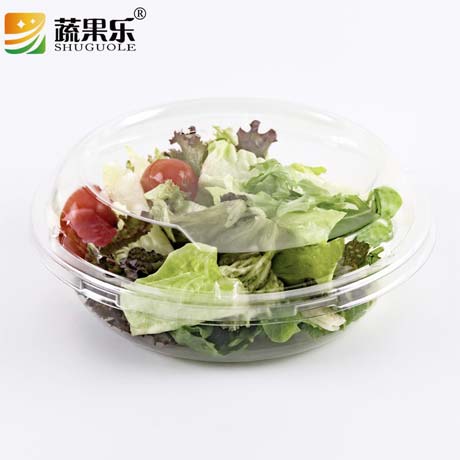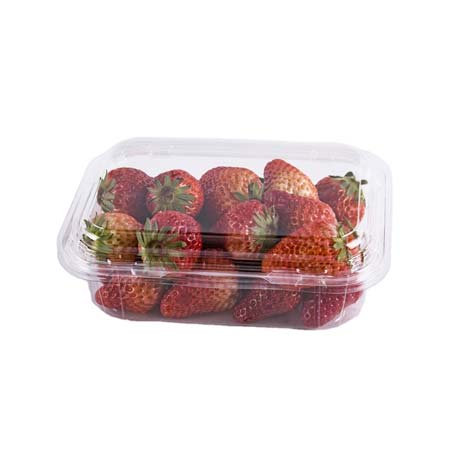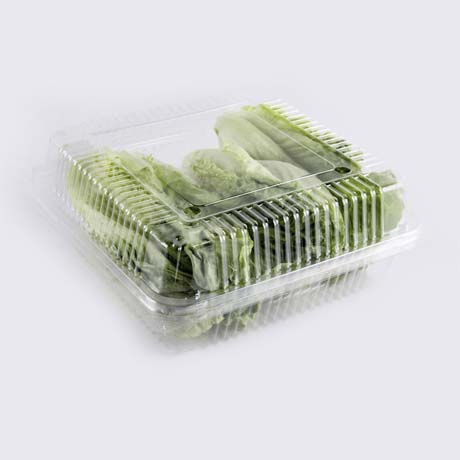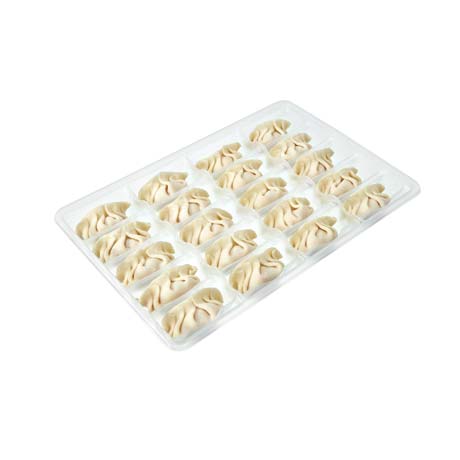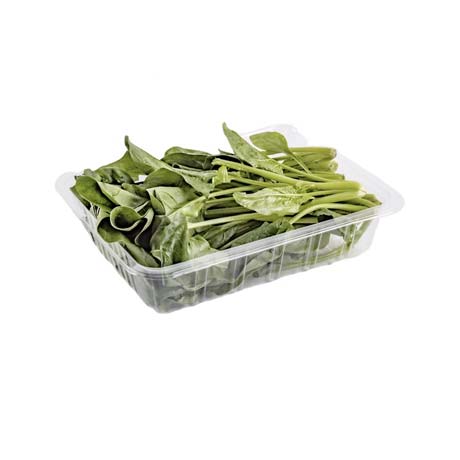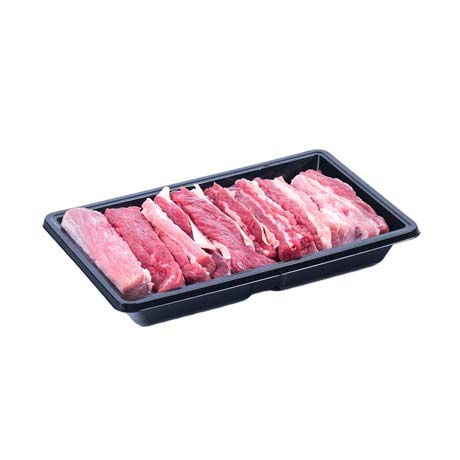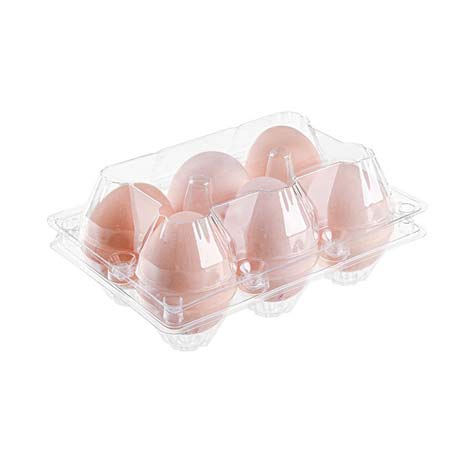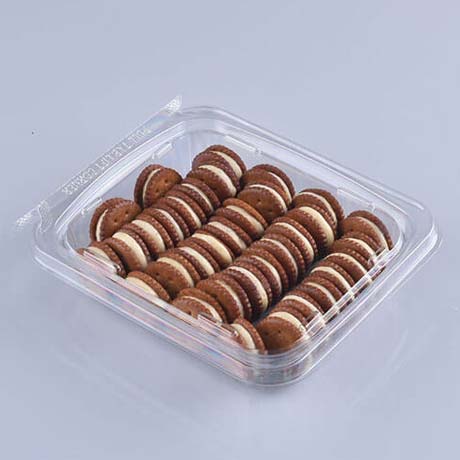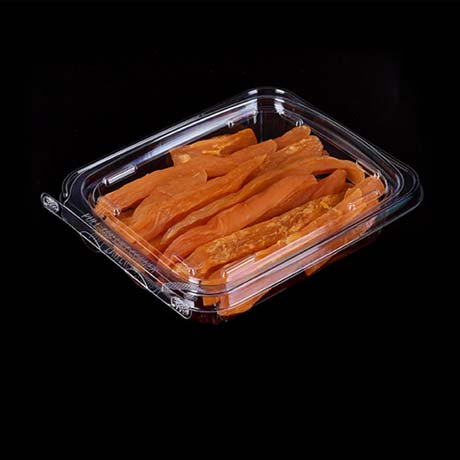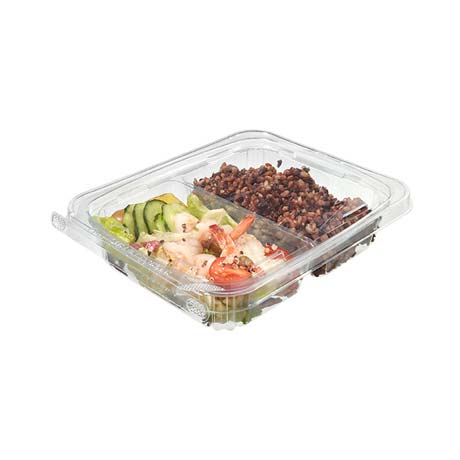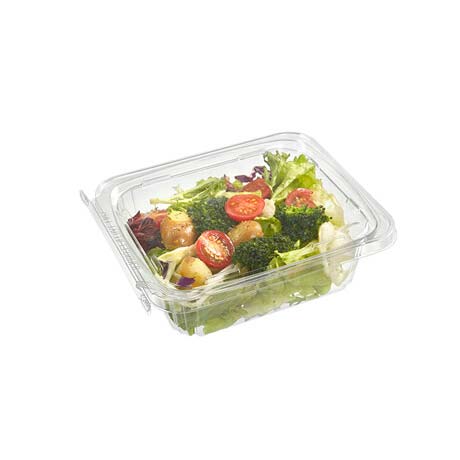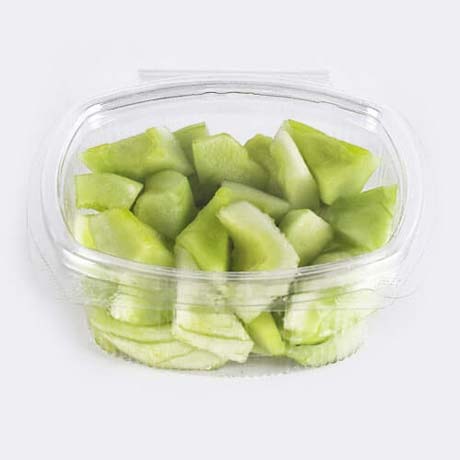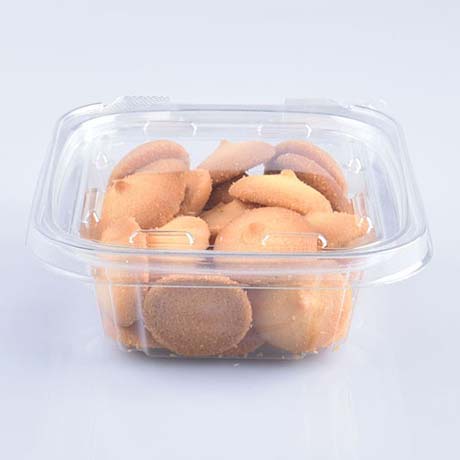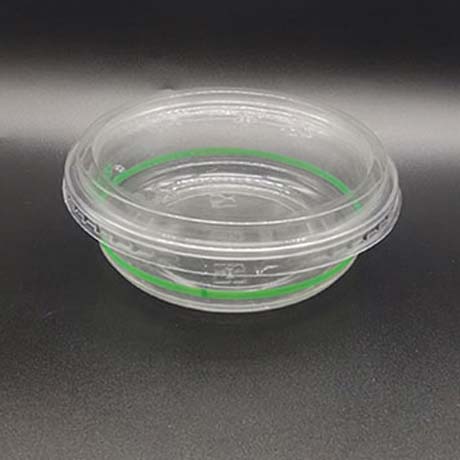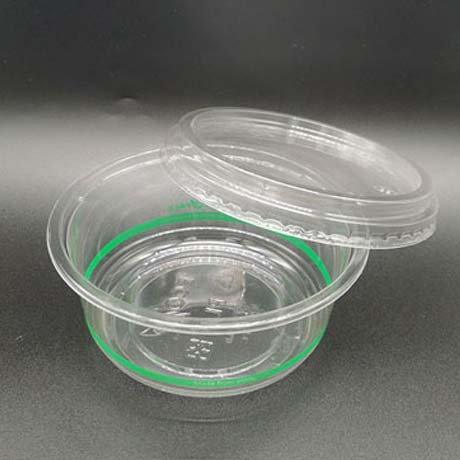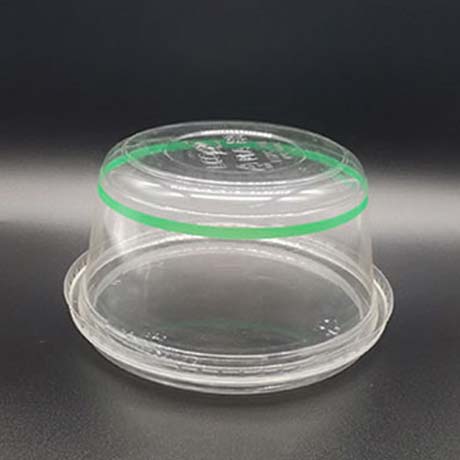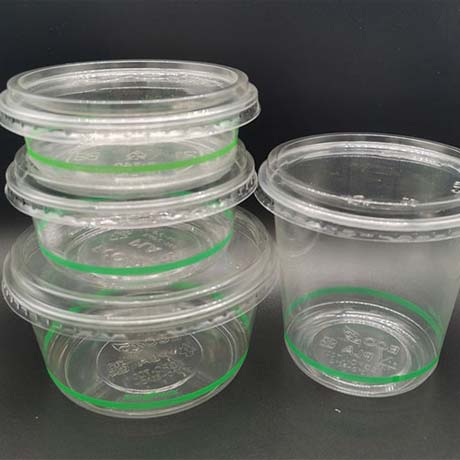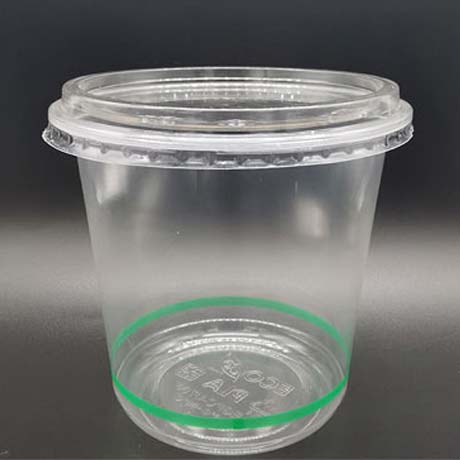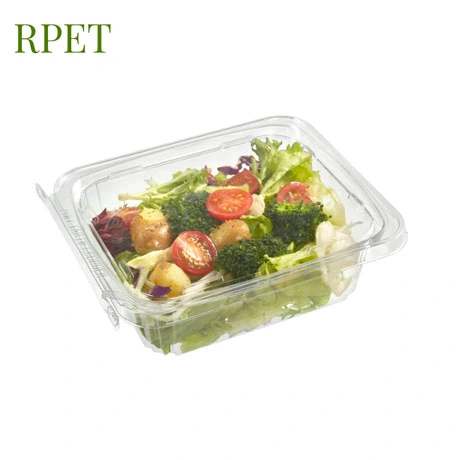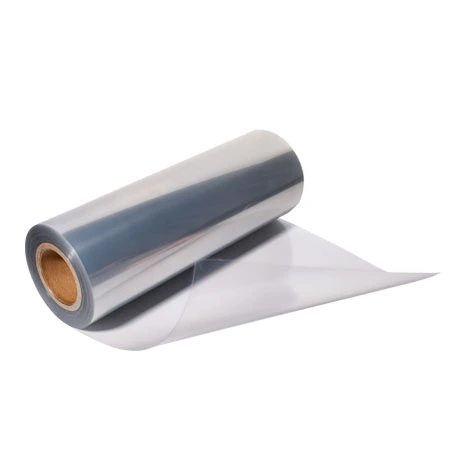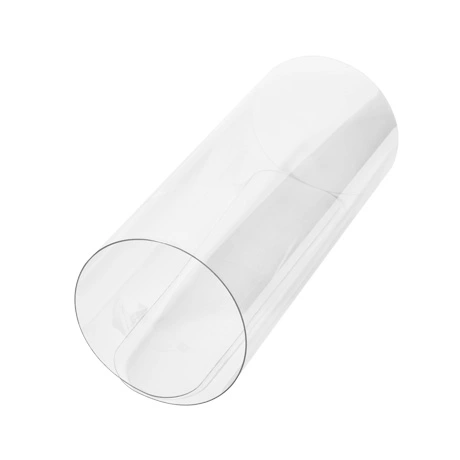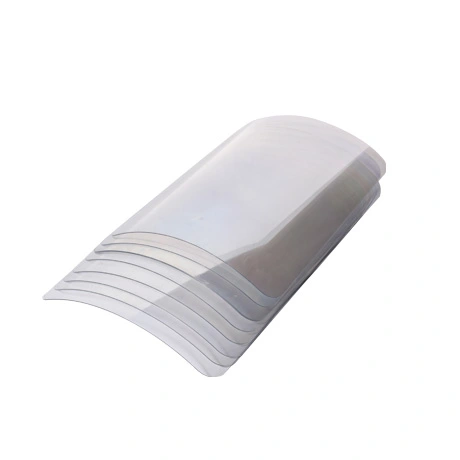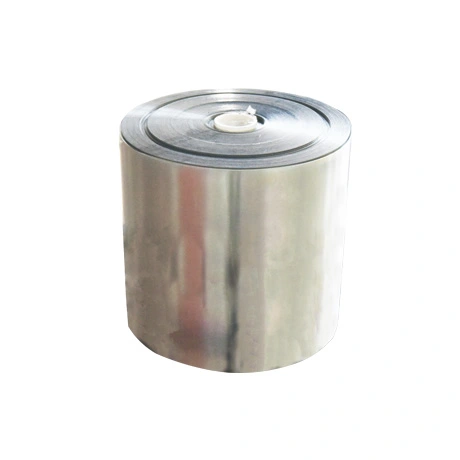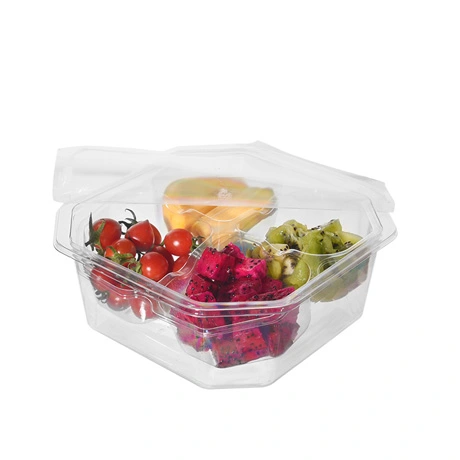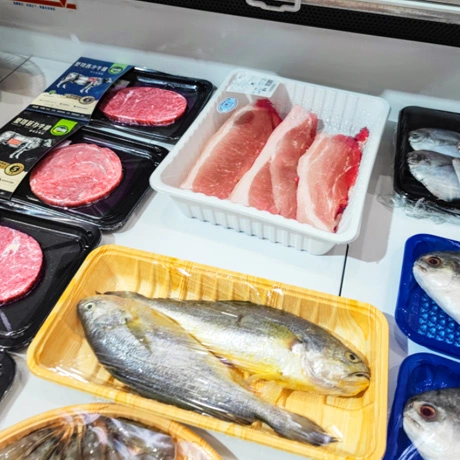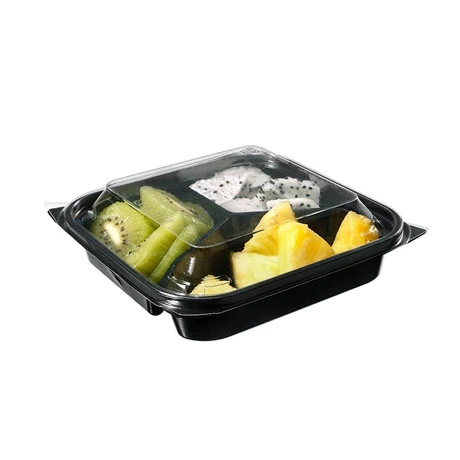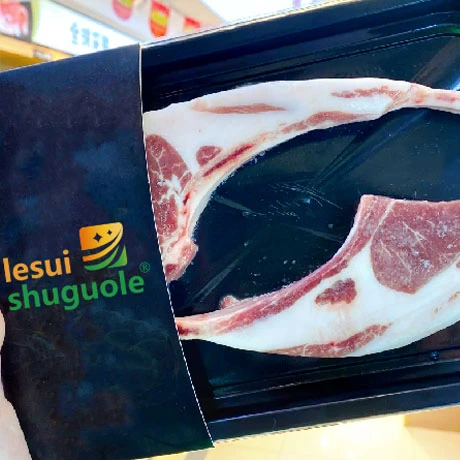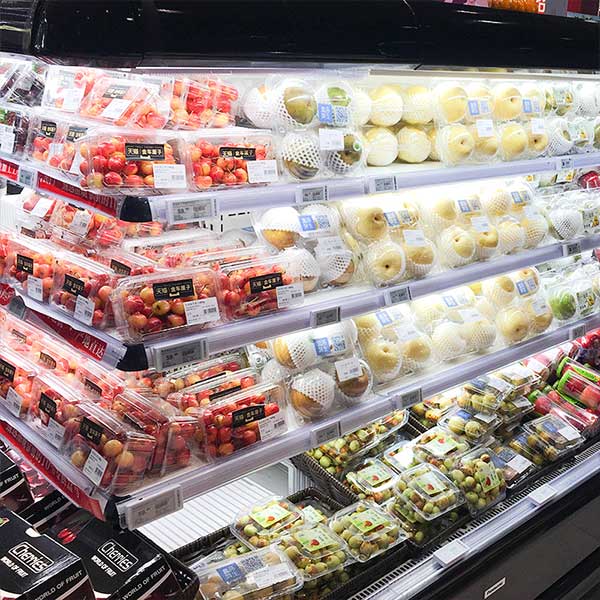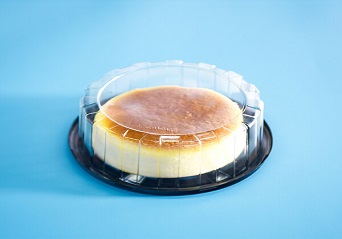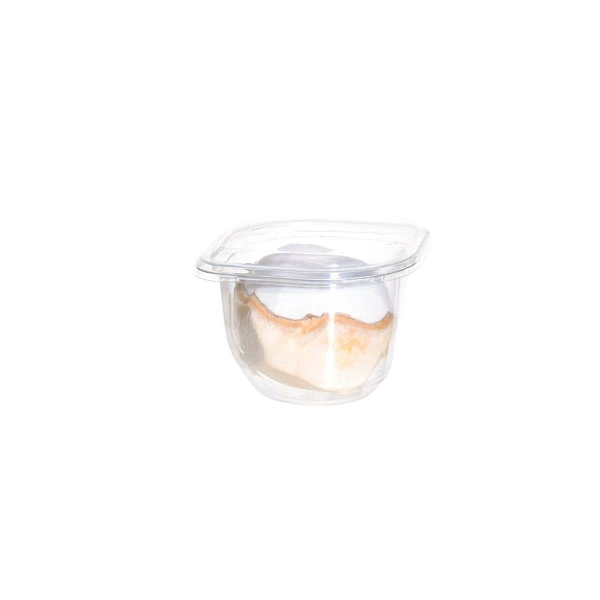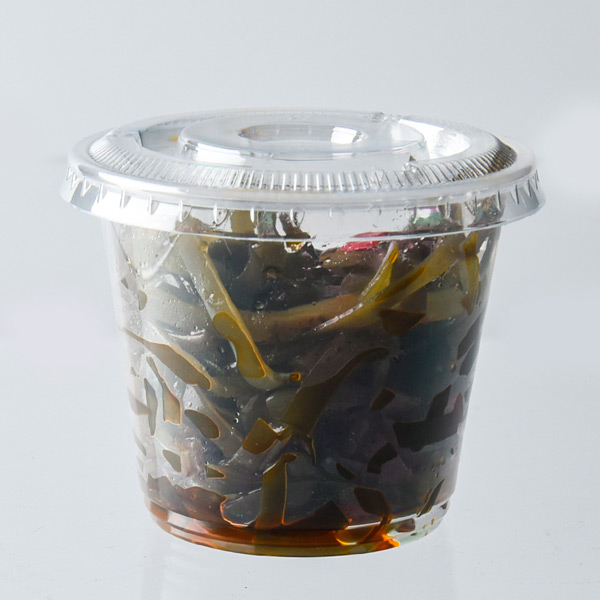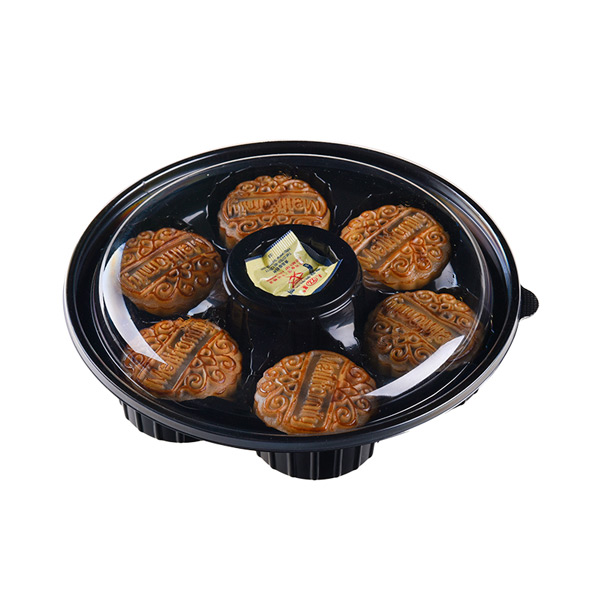- Paper Packaging
- Cake & Bakery Packaging
- Disposable Cups
- Disposable Lunch Packaging
- Disposable Cutlery
- Disposable Salad Container
- Disposable Fruit & Vegetable Container
- Disposable Trays Packaging
- Tamper Evident Container
- PLA Food Packaging
- Sushi Tray
- Pastry Packaging With Seal Film
- RPET Recycled Packaging
- Stretch Film Sheet
- Prepared Dishes Packaging With Seal Film
- Wholesale Clear Square Packaging Plastic 16oz Snacks Box Tamper Evident Nut Box
- 8 16 24 32 46 64 128 Oz Tamper Evident Container Packaging Box for Nuts Food
- Disposable Hinged Lid Food Takeaway Clear Rip off Seal PET TAMPER-EVIDENT Box
- Wholesale Round Seal Food Grade Nut and Fruit Container 8oz Tamper Evident Box
- Factory 16 Oz Pet Transparent Tamper Evident Seal Disposable Plastic Hinged Containers
- Wholesale Square Plastic Hinged Salad Food Nut Vegetable Container Tamper Evident Container
- 240ml Custom Biodegradable PLA Disposable Food Restaurant Paper Takeaway Container
- 360ml Eco Friendly PLA Customized Printed Black Packaging Carton For De;li Food
- 500ml Takeaway Biodegradable PLA plastic Food Box Salad Box Bowl
- 600ml Custom Printed Biodegradable Disposable PLA Takeaway Box With Transparent PLA Lid
- 700ml Biodegradable Kraft Paper Lunch Box with PLA Window PLA Container
- Transparent Disposable Plastic Sushi Packing Container Tray
- Disposal Take Out Plate 12 Inch Food Tray Disposable Large Black Color Round Container Plastic Sushi Box For Takeaway
- Eco Friendly Food Grade Disposable Plastic Sushi Container Food Tray With Lid
- PS/PP/PET container Sealing Film Heat Seal Lidding Film Fast Food Tray Packaging Film
- High Barrier Pa/Evoh/Pe Cheese Packaging Peelable Top Film
- Cheese Packaging Box Thermoformer For MAP In Rigid Film
- Cheese Dairy Snacks Packaging Solutions Peel Reseal Lidding Films
- High Barrier Films For Food Packaging Trays
- Flexible Food Packaging Manufactory Plastic Cobtainer With Top Lidding Film

What are you looking for?
 EN
EN
 CN
CN 